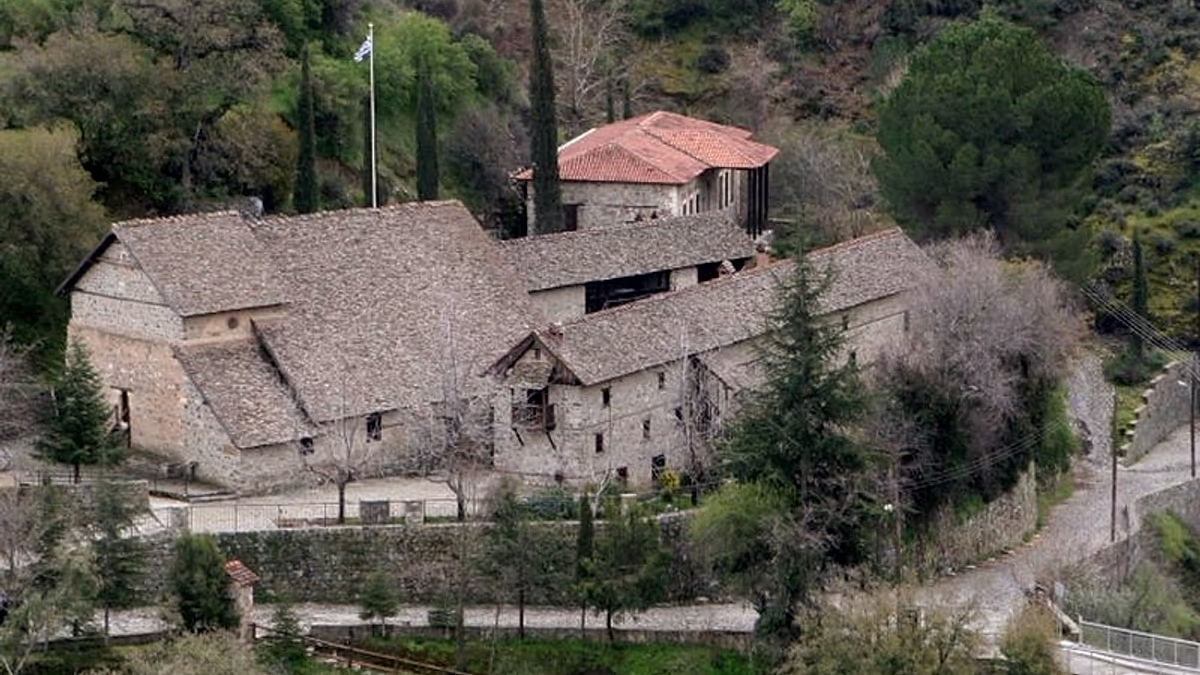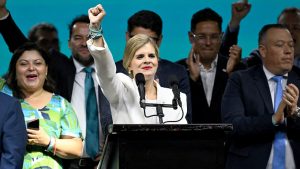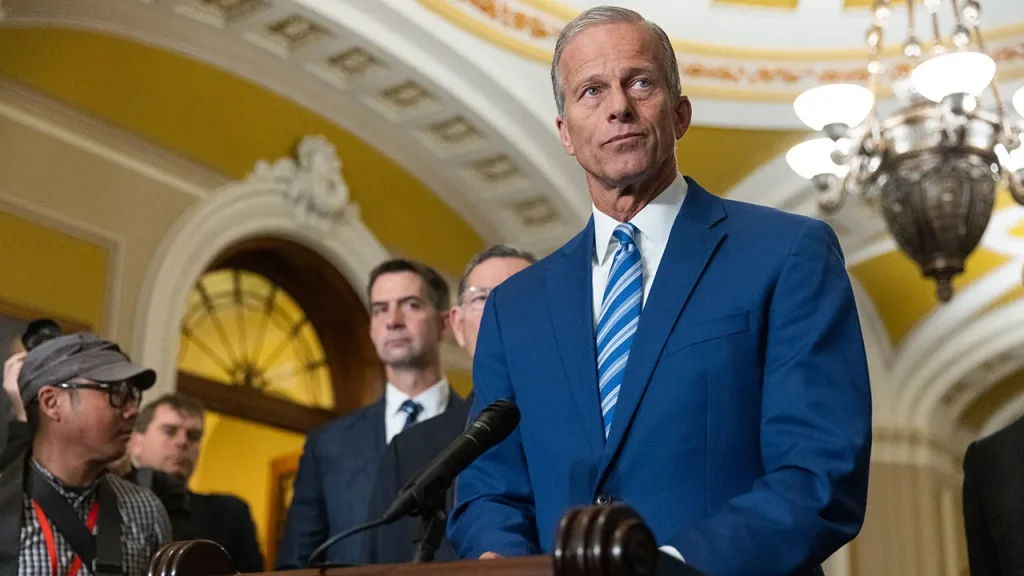Senate Faces Weekend Session Amid Shutdown Stalemate
The Senate has convened for a rare weekend session as lawmakers struggle to end the ongoing government shutdown, now in its 39th day. Behind closed doors, appropriators are preparing a package that would combine three spending bills with the House-passed continuing resolution (CR), aiming to reopen the government until December or January. Despite these efforts, the chamber remains deeply divided along party lines, with no clear path forward in sight.
Senate Majority Leader John Thune expressed his desire to keep lawmakers in Washington until the shutdown ends, even as a planned Veterans’ Day recess approaches. “I’ve been talking all morning with some of the folks that are involved with the meeting, and I think we’re getting close to having it ready,” Thune said, though he acknowledged the challenge of securing enough votes for passage. Republicans appear reluctant to put forward another CR only to watch it fail for a fifteenth time. Meanwhile, the political atmosphere has grown increasingly tense following the recent elections, which Democrats view as strengthening their negotiating position.
Senate Democrats, led by Minority Leader Chuck Schumer, have proposed their own solution: extending expiring Obamacare subsidies for one year and creating a bipartisan working group to plan next steps after government reopens. “I know many Republicans stormed out of the gate to dismiss this offer, but that’s a terrible mistake,” Schumer stated. Democratic Senator Mark Kelly of Arizona wasn’t surprised by the Republican rejection, noting, “They don’t want to help people with their health care.” The Democratic caucus views their proposal as a reasonable compromise, with Senator Chris Murphy explaining that some members wanted a multi-year extension or broader healthcare provisions, but they ultimately offered a “scaled-down” version to break the impasse.
Republicans, however, immediately dismissed the Democratic plan as a “non-starter.” Senator Eric Schmitt of Missouri characterized the Democratic position as “totally insane,” suggesting that “kamikaze pilots” were trying to “burn this whole place down” after being emboldened by election victories “in Democrat areas.” Schmitt even proposed asking President Trump’s administration to cut funding for “pet projects” in blue states and cities to pay federal workers while the shutdown continues. Republican Senator Katie Britt of Alabama, who has been negotiating with Democrats, criticized the Obamacare subsidies as merely enriching insurance companies: “They’re talking about the people’s premiums… have they taken it to the companies that are actually making the money off of it? They’re not.”
The fundamental sticking point appears to be timing and sequencing. Republicans have consistently maintained they will only address healthcare subsidies after the government reopens, offering Democrats a vote on healthcare legislation once the shutdown ends. Thune and his colleagues reject the notion of including the subsidy extension in the immediate funding package. This position frustrates Democrats like Murphy, who expressed exasperation that neither Schumer nor Thune would engage in direct negotiations: “We made a really simple, really scaled-down offer that could get the government up and operating and is really good for them politically. I just still don’t understand why they won’t accept the offer.”
As federal workers continue to go unpaid and government services remain disrupted, the political theater in Washington continues with little sign of resolution. Republicans are working on their package of spending bills attached to a CR, while Democrats stand firm on their healthcare-focused counterproposal. The weekend session represents a last-ditch effort to find common ground before the Veterans’ Day recess, but with both sides digging in their heels and viewing the other’s position as unreasonable, Americans affected by the shutdown may be in for an extended period of uncertainty. The political calculus appears to have overshadowed the practical impacts of the government closure, leaving the path forward murky at best as day 40 of the shutdown approaches.















